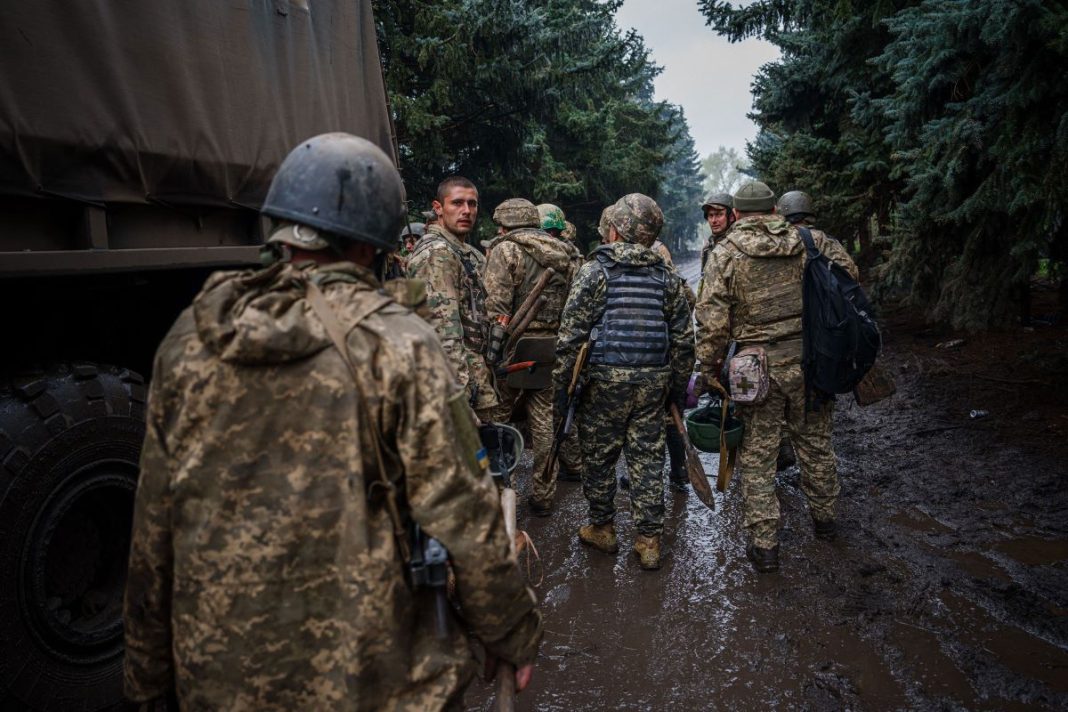Scholz spoke with Putin for the first time in nearly two years. The German chancellor condemned Russia’s war in Ukraine, urged the Russian leader to withdraw his troops, and discussed potential talks with Kyiv.
Scholz had informed Zelensky in advance of his intention to call Putin. Zelensky reportedly responded, “This will just make Putin feel that the isolation is decreasing”, according to Suspilne, citing an undisclosed source in the Presidential Office.
In his evening address, Zelensky criticized any negotiations that could ease Russia’s isolation without meaningful outcomes.
“It is extremely important for Putin to loosen his isolation, Russia’s isolation, and to conduct ordinary negotiations that will not result in anything — as he has been doing for decades,” Zelensky added.
“This has allowed Russia to change nothing in its police, to do nothing in essence, and this is exactly what led to this war.”
Zelensky also reiterated that there would be no “Minsk-3”, referencing the Minsk agreements of 2014 and 2015, which proposed creating autonomous zones in Russian-occupied areas of Donetsk and Luhansk oblasts but excluded mention of occupied Crimea.
Ukraine’s Foreign Ministry also expressed concerns over the Scholz-Putin call, stating that such lengthy conversations have been a tool Putin has exploited for over 20 years, now providing him hope for easing his international isolation.
“Even if the German chancellor did not express any positions contradicting Ukraine’s stance, conversations with the Russian dictator do not add value in achieving a just peace,” the ministry announced in a statement.
At the beginning of the full-scale invasion, Ukraine and Russia held talks in Istanbul in March 2022, but the negotiations were eventually abandoned after Ukrainian retook the north of the country and mass war crimes were discovered in the liberated areas.
In comments to Ukraine’s Peace Summit in June this year, Zelensky stated the Istanbul talks failed because of the Russian side’s “ultimatums”.
